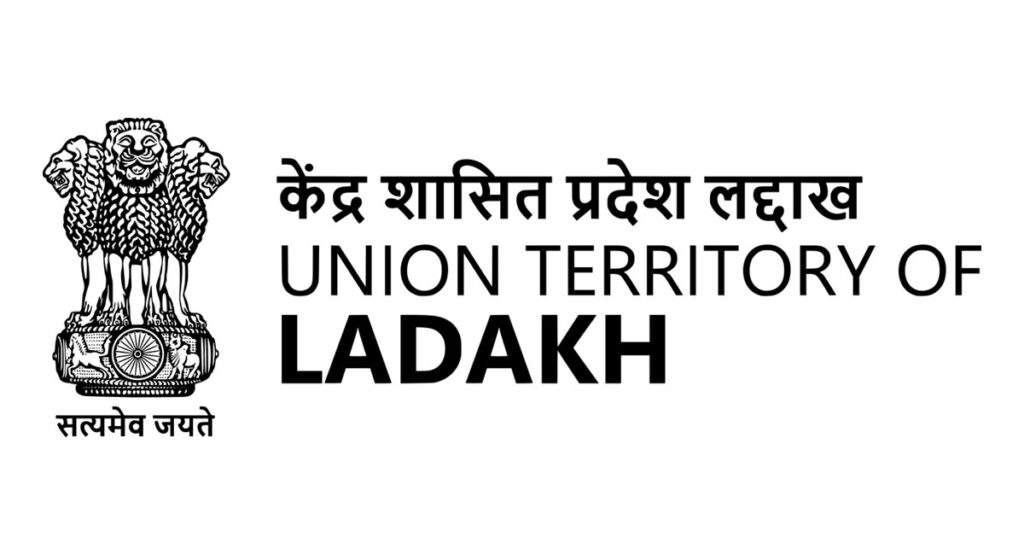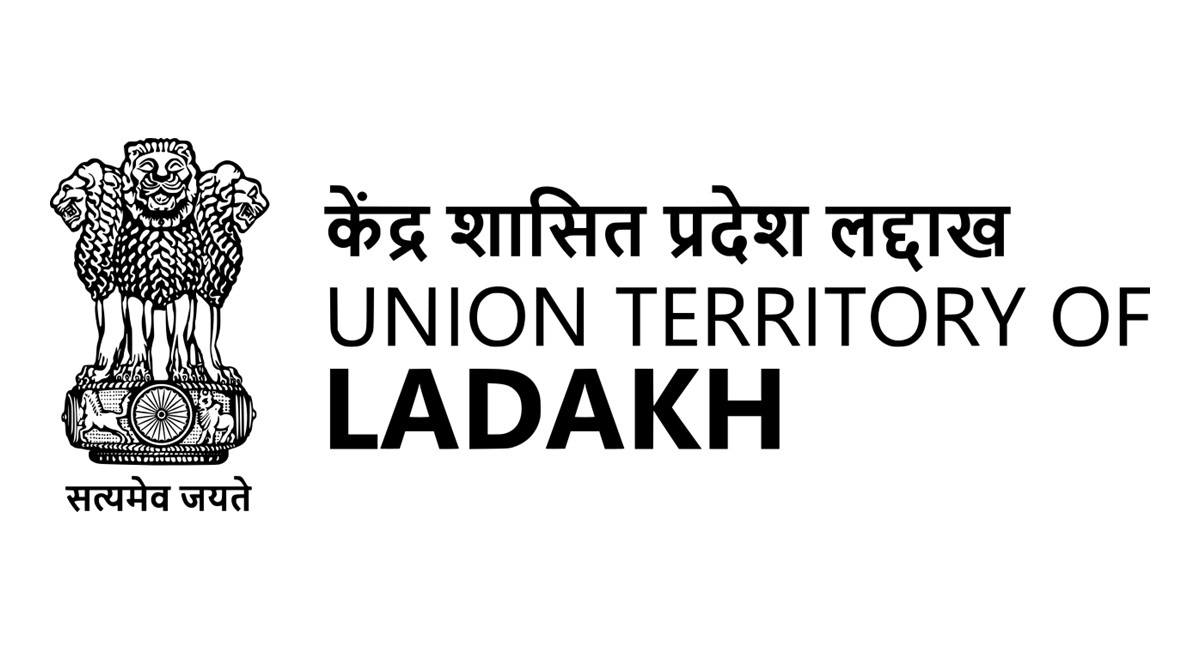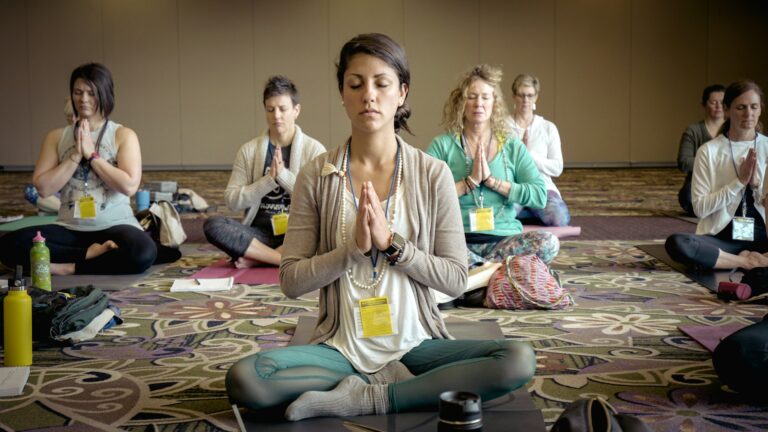President Droupadi Murmu announced various changes in the Jammu and Kashmir (J&K) Reservation Act, creating the path to 85% reservation in Ladakh, excluding the 10% for economically weaker sections (EWS).
The changes in the Jammu and Kashmir (J&K) Reservation Act affect the reservation, languages, domiciles, and the composition of hill councils for Ladakh. As per the new domicile rule, up to 85% of the government jobs in Ladakh are reserved for locals. Non-residents can be considered “domicile” if they have proof of living in the union territory continuously for 15 years or more. Those who have been student in Ladakh for over seven years and appeared in their class 10 or 12 exams in Ladakh will also qualify.
Additionally, a third of the seats in hill councils have been reserved for women on a rotational. This will include the Ladakh Autonomous Hill Development Council, Leh and the Ladakh Autonomous Hill Development Council, Ladakh. The Indian government has also declared English, Hindi, Urdu, Bhoti, and Purgi as official languages of Ladakh. That said, English will still be in use for all official processed before the implementation of the new rule.
With the new domicile rules, 95% of government jobs will be reserved in Ladakh. This is the highest percentage of reservation in India, followed by 85% reservation in Meghalaya for Scheduled Castes and Tribes (SCs/STs), and 80% in Arunachal Pradesh for STs. The specifics for the new domicile law have yet to be reveled though it should be noted that about 80% of Ladakh’s local population is tribal, as per the 2011 census, making similar reservation composition more than likely.
“In a meeting on May 27, Home Ministry officials informed the members of LAB that at least 80% vacancies is reserved for Scheduled Tribes (ST), 4% for people living along the Line of Actual Control/Line of Control, 1% for Scheduled Castes, and 10% for EWS. The Rules, as and when they are notified, will give a break-down of the reserved categories. Our demand for Statehood still continues,” said Cherring Dorjay Lakruk, the president of the Ladakh Buddhist Association and co-chairman of the Leh Apex Body (LAB).
Mint quoted a local publication that hinted towards 80% reservation for STs, 4% for residents near the Line of Control (LoC), and 1% for SCs. In 2023, the Union Home Ministry created a committee led by junior minister Nityanand Rai to protect Ladakh’s unique culture. The panel committee included the members of LAB and Kargil Democratic Alliance and focused on the protection of land and employment, the empowerment of the hill tribes, and other constitutional safeguards.






